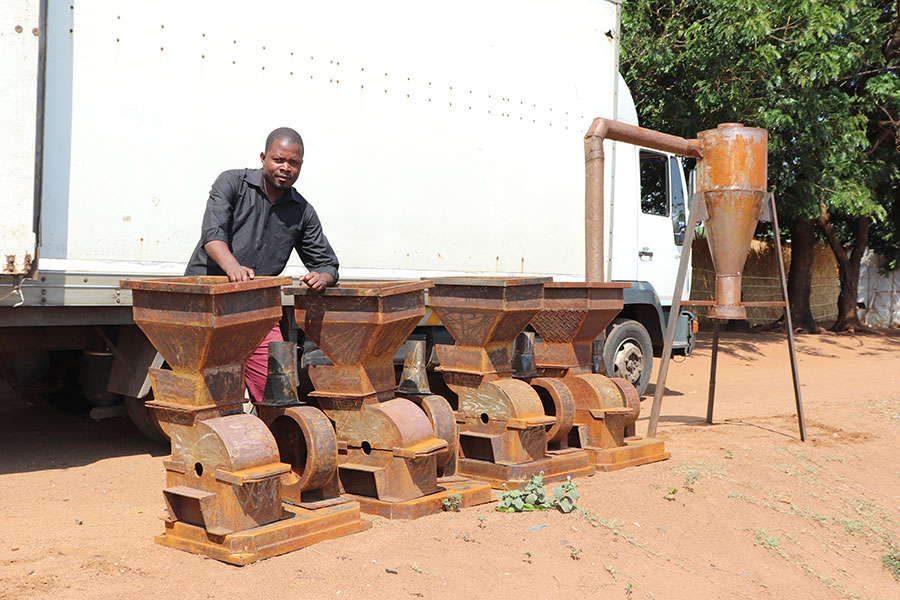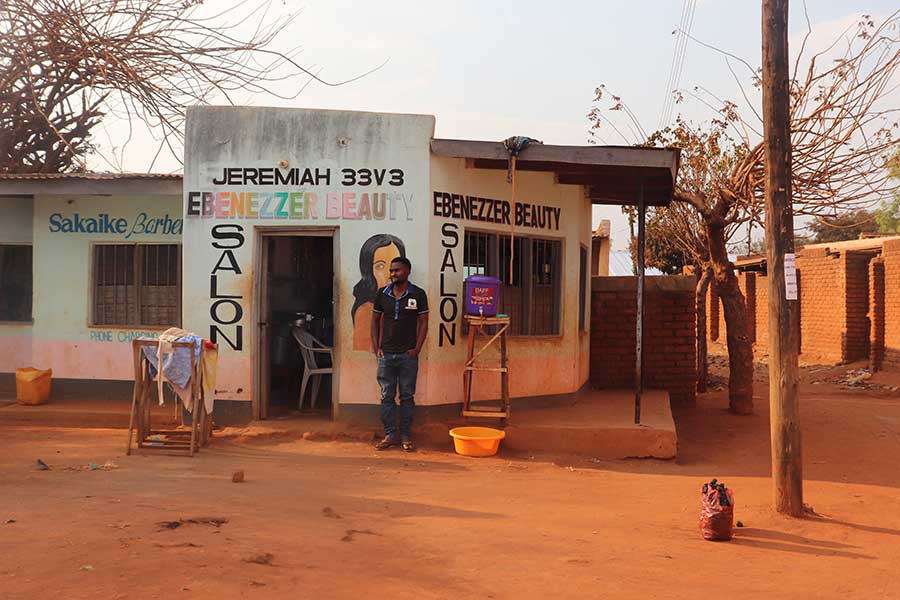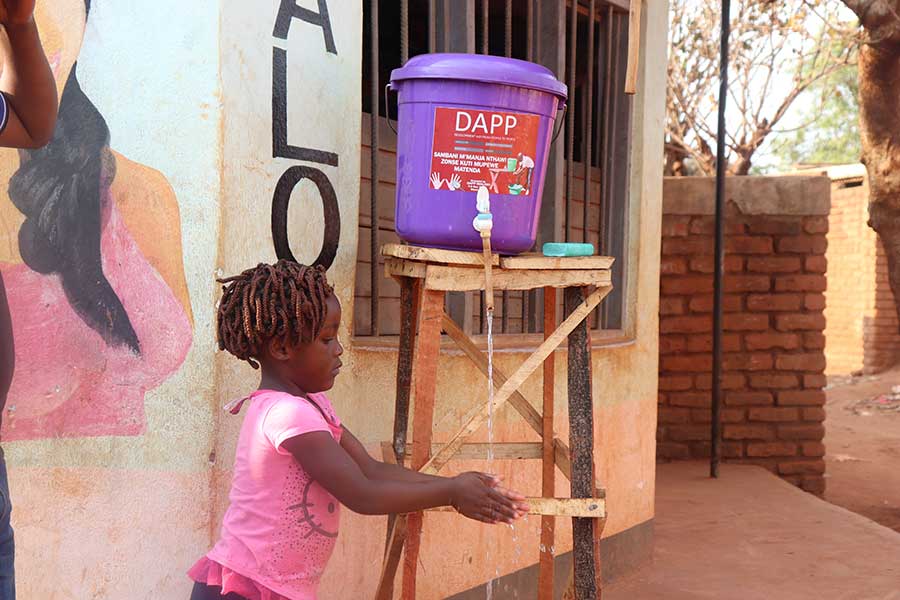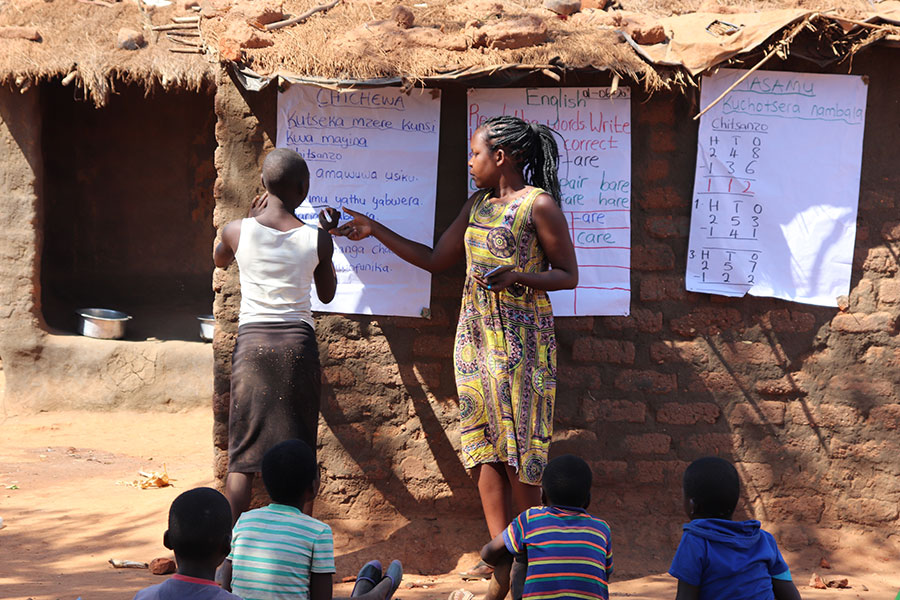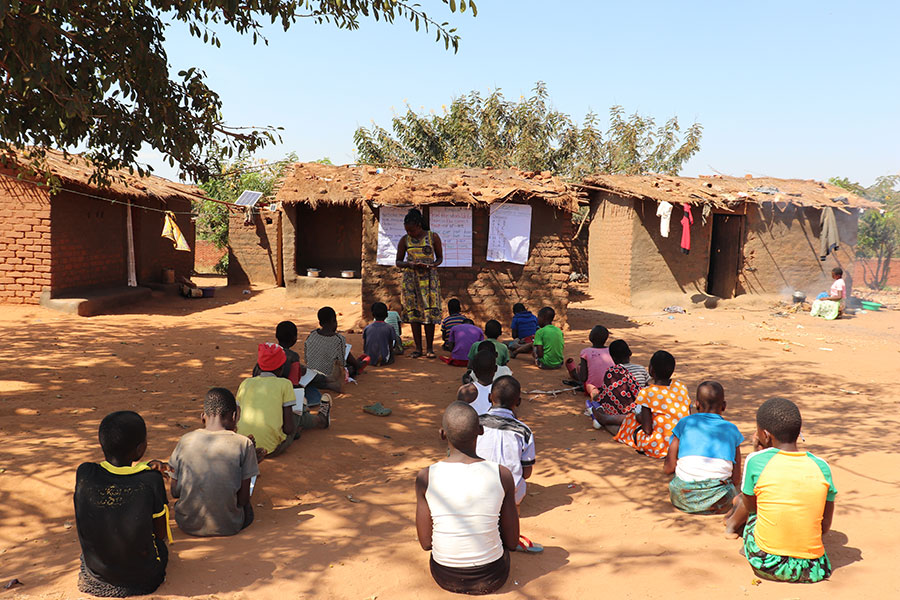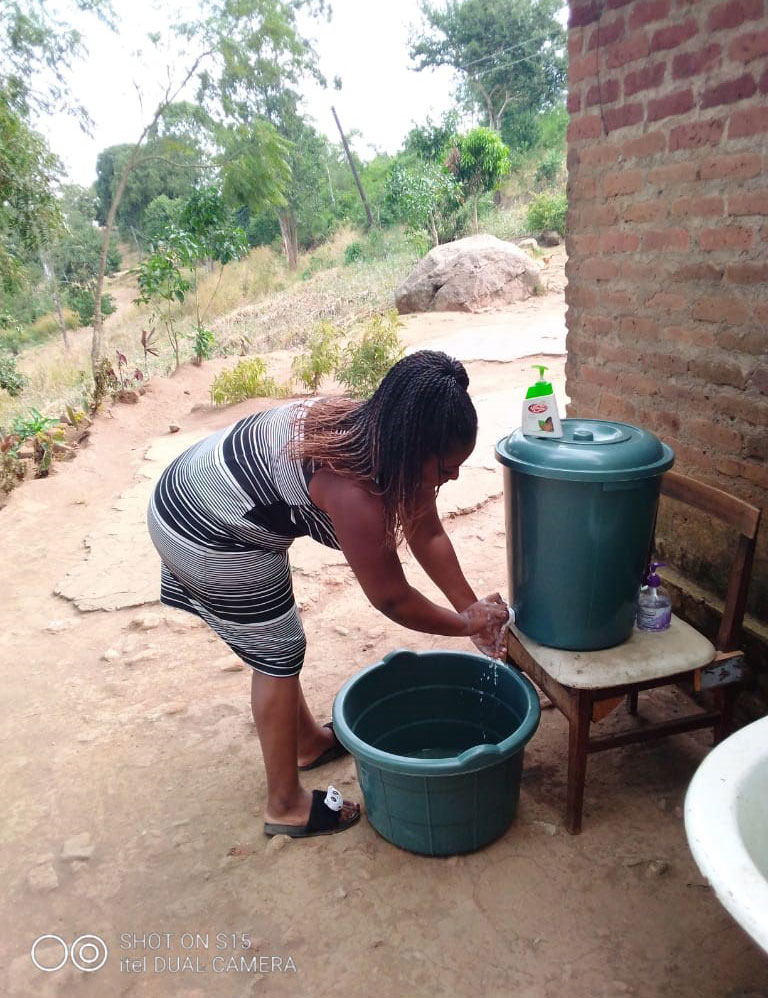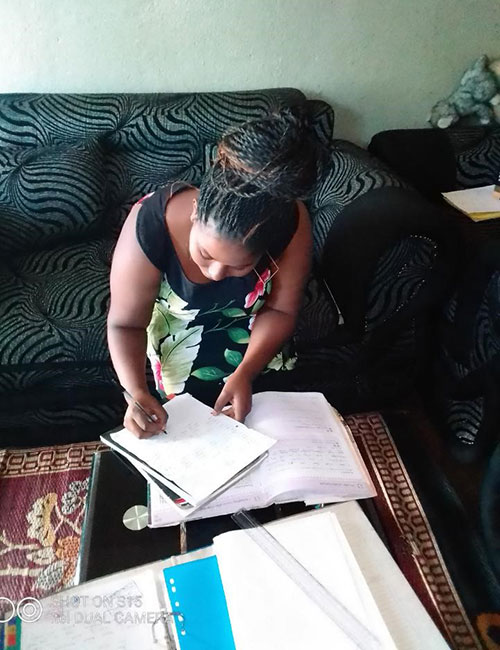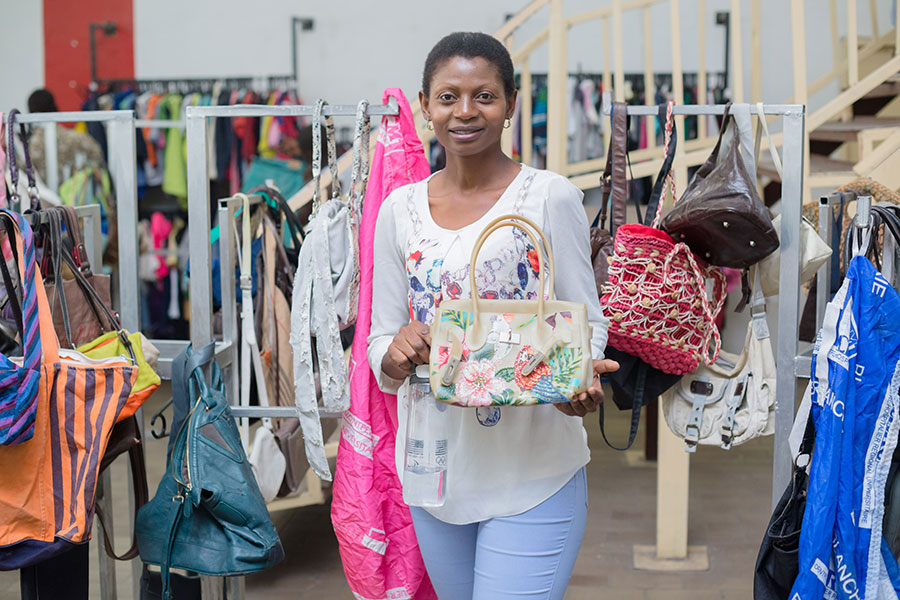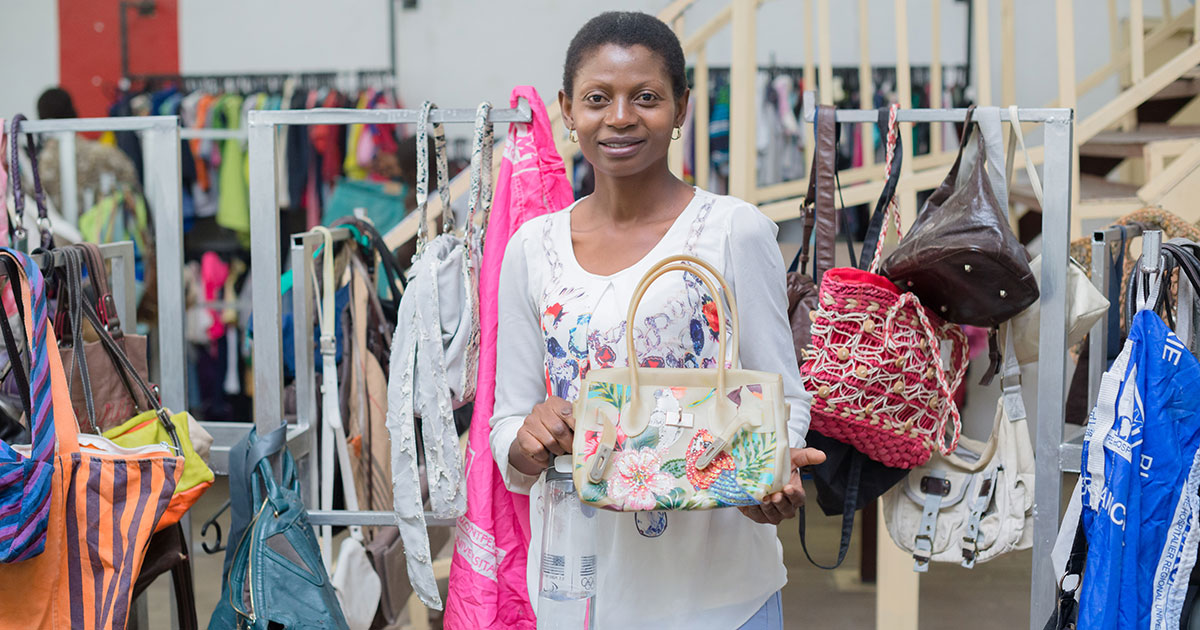Case Story: Fedson Selewin
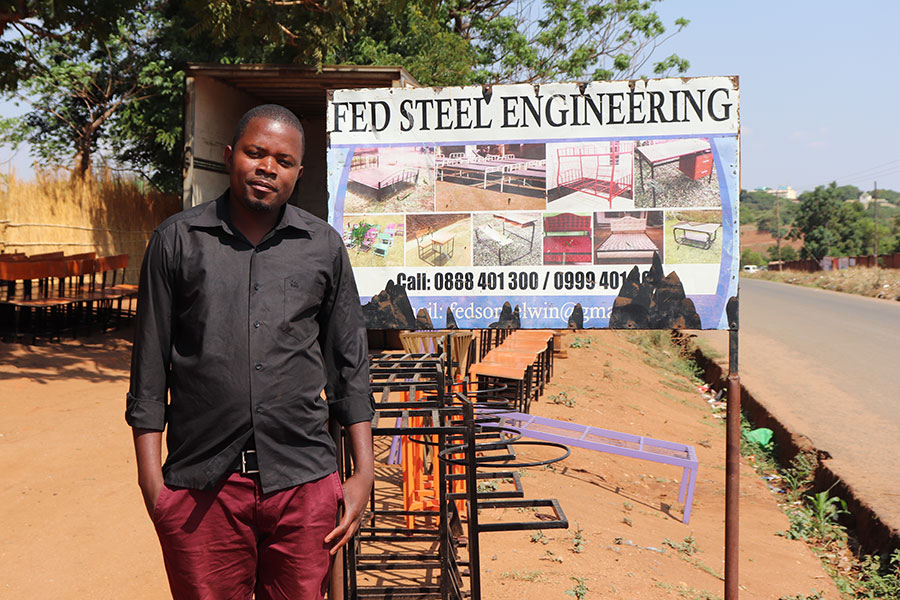
Fedson Selewin is a 33 year old business man based in Lilongwe where he is currently plying his steel furniture manufacturing business in Mchesi area in Lilongwe city. He was trained at DAPP Mikolongwe Vocational School in Welding and Fabrication between the years 2009 and 2010.
“When I joined the coursee I had only acquired my Malawi School Certificate of Education certificate in Mulanje district, my home district. I was among beneficiaries from Mulanje who were identified by an organisation known as ECPP to be supported with scholarships for training in vocation skills at DAPP Mikolongwe and at this time I had no idea what welding and fabrication involved, he said.
At DAPP Mikolongwe, welding and fabrication students are taught how to manufacture steel products like window and door frames according to different designs as demanded by customers.
Following his training from Mikolongwe, Selewin said he went back to Mulanje where he did attachments around Tea estates in the district but he later moved to Lilongwe to work at a company that manufactures maize mills. He worked with the company for about two years and later joined Steel Base Furniture company where he worked for 4 years.
“Through the experience gained in these two companies I started doing part time jobs like producing door and window frames while I was still working with Steel Base until 2016 when I decided to quit the job and start my own business, in 2017 I did hit the road with the business. My focus has been to produce steel furniture whereby steel materials are combined with wood or other materials to produce furniture that ranges from classroom desks, office desks, and beds for hospitals, schools or home use. In addition we have now started producing milling machines to have a range of products and I also have another workshop in Area 49 where we produce windows and door frames for customers who need these products,” explained Selewin.
Fed Steel and Engineering, is an established businesses that currently employs up 9 people on full time basis.
“The company has 9 people employed on full time basis but sometimes we outsource labour on temporary basis,” he said.
Selewin indicated that the business is growing and they are able to supply products to big organisations like the European Union and Plan International who buy steel furniture for schools among other. On average, Fed Steel and Engineering makes a profit of 4 million Malawi kwacha monthly.
At a personal level he said he has managed to buy 3 plots of land and built a house, and established a farm where he is reading pigs and chickens.
Selewin works with youth who have also benefitted through hid skills and coaching in the workshops. He said he would like to see his fellow youth soar in the technical and vocational skills trade.
He said more than 20 people from his home district, in Mulanje, have learnt about welding and fabrication through his company and that in the next 3 years he wish to have worked with at least 50 youth who can as well become independent. With his business registered and contributing to the economy through taxation and as a registers business they are recognized and able to work with companies, institution and organisations.
Mikolongwe Vocational school was established in 1997 to equip youth with technical, vocational and entrepreneurial skills for them to be able to secure an employment or establish a small scale business. The school has to date trained more than 10,600 youth.

